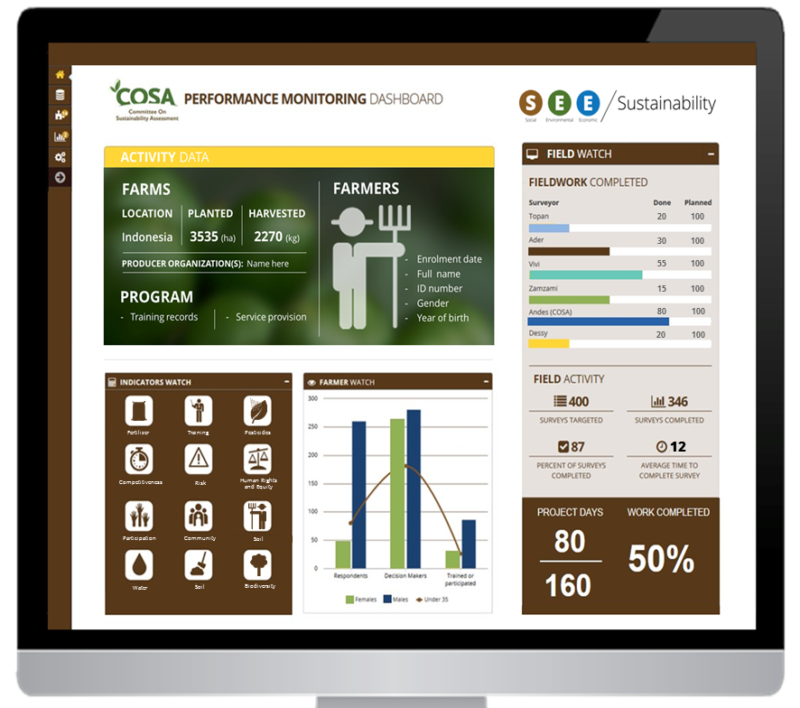Sustainability is defined and achieved in many ways. For two decades, standards and certifications have been a part of the discussion and have been put forward as a potential solution. The industry tends to divide along clear lines for or against them. There is also an increasing body of evidence, both pro and con, about how standards and certifications impact coffee growing communities across the globe in key factors such as productivity or climate change. Yet, the only evidence-based certainty that we have is that outcomes vary by place and conditions. So, then what is the rational choice if we value sustainability?
We can all agree on the starting point of the Global Coffee Platform (GCP). It is imperative to tackle sustainability challenges with a baseline of common principles, work collectively, and to eliminate the worst or “unacceptable” practices in the industry. It is important to also understand that in order to improve conditions we’ll need more than just checklists, standards, or projects. We need responsive management tools that inform us about the levels of sustainability in any supply chain.
Regardless of where you stand in relation to standards, they are not in and of themselves the solution – the bottom line is performance. A standard may be successful in one region or one topic but not necessarily in another.
We know from impact assessments using evidence-based scientific research that the needs of farmers and their communities do not often respond to one-size-fits-all approaches. Like different hybrids or varietals, adaptation to local conditions is key. So, how can organizations more effectively manage sustainability efforts that currently cost – and sometimes waste – hundreds of millions of dollars each year?

Sample COSA Performance Monitoring Dashboard
Performance Measurement
COSA argues that, just as in any successful business, there is a need for integrated Performance Measurement systems. This means measuring the key elements that impact sustainability in real-time. This means doing it with efficiency, accuracy, and modest cost.
A supply chain may have good intentions or ideas but managers rarely have agile tools for measuring the success of their sustainability efforts until a year or more after the fact. Whether it is a small project or a major sustainability standard, we propose that when managers understand outcomes in real time, then they can correct their course quickly and are much more likely to achieve the results they want. This is critical if we want to scale up what is working, and some leading global firms, such as Nespresso and GCP Member JDE, are already taking this approach.
For more information or access to COSA’s Performance Monitoring tool, contact Jessica Mullan.
Originally published on Global Coffee Platform.





